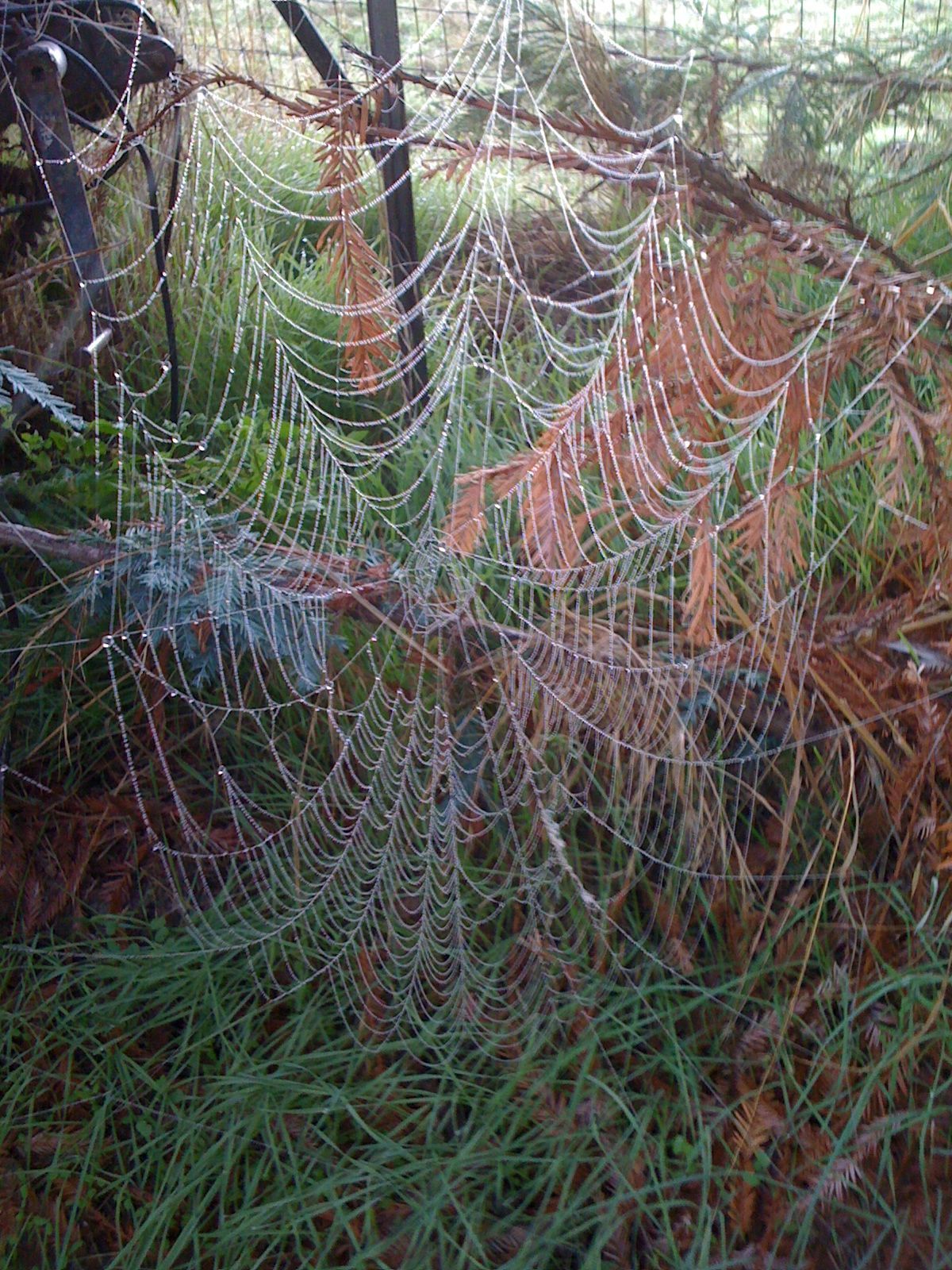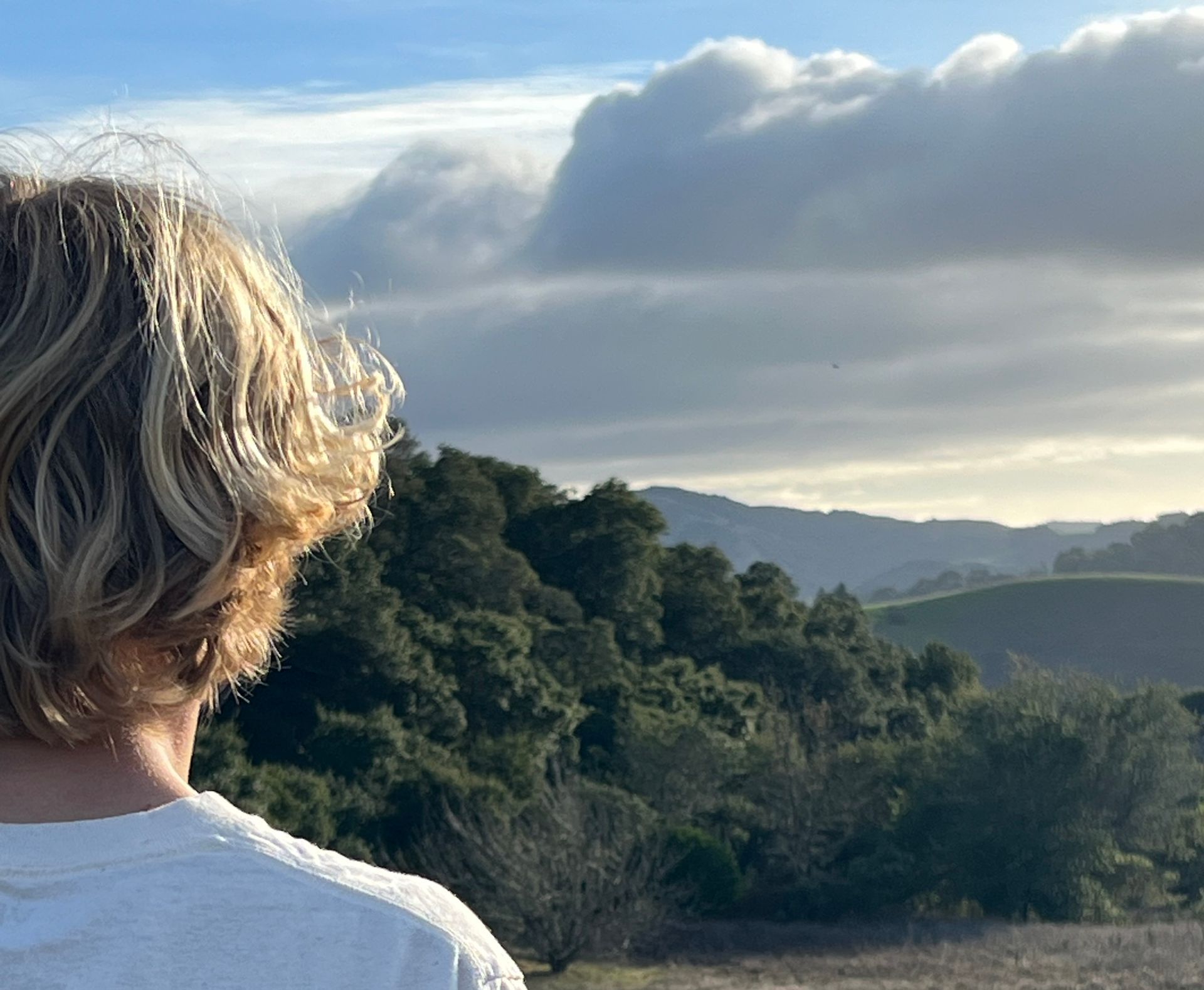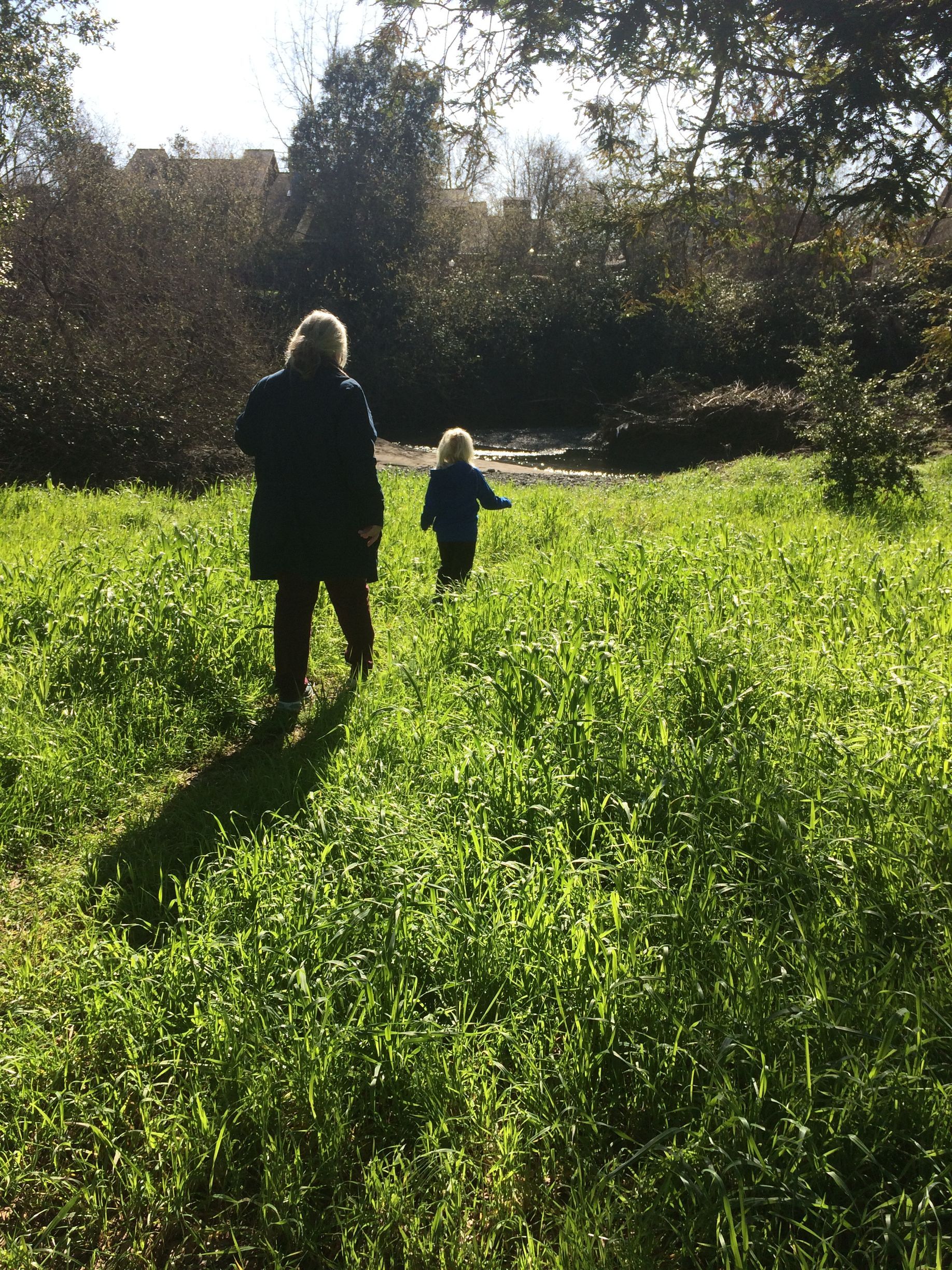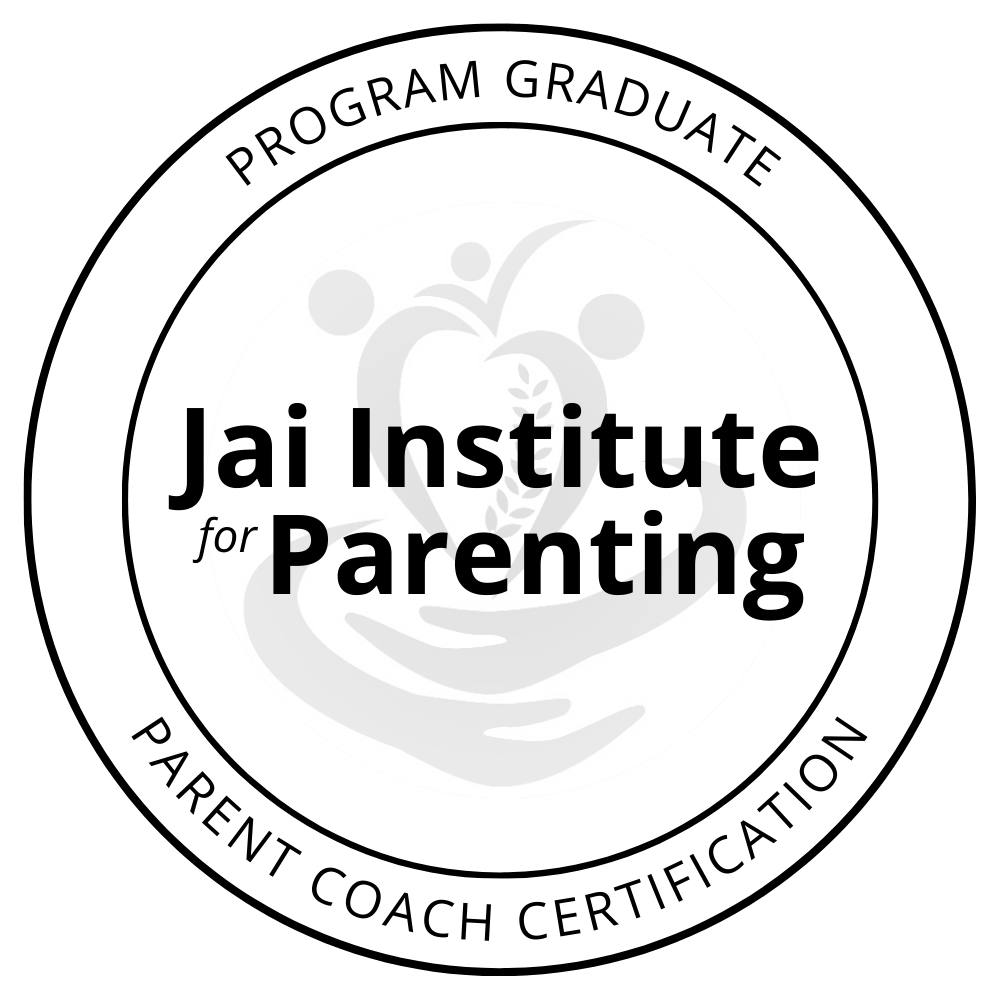My Parenting Journey
My Journey
Let me tell you a little about my parenting journey. I am a mother of an 11 year old boy. I have known all my life that I wanted to be a mother. My favorite Christmas gift was a baby doll. I spent hours changing her, feeding her and gazing into her precious eyes. When I was 12 I began babysitting and seemed to have an innate ability to care for children. I have enjoyed a career working with children as a preschool teacher with an associates degree in Early Childhood Education. Observing and understanding how children perceive things, and figuring out the best way to help them thrive has been a lifelong passion. When the opportunity to adopt my son came about, both my husband and I were confident that I would know just what to do to help
our boy thrive. And I did. Until our little spitfire reached the age of about three. I had trouble staying connected, I struggled to get my son to follow my directions and I was overwhelmed with the responsibility of working and caring for my son. I sought support and help from therapists, family members and teachers. However, as time went on my strategies were not working, things escalated and my frustration did too. The woman who was once praised as a preschool teacher for her patience couldn’t keep her cool with her own kid. In February 2018, realizing I wanted more career opportunities, I made the giant leap and enrolled in college to finish my bachelor’s degree. I chose a degree in Complementary and Alternative Health because I wanted to be in the best health to raise my son. Unfortunately, in March of 2018, tragedy struck and we lost my husband. My son’s anger and emotions were understandable but it made me scared. When the pandemic hit I was 6 months away from earning my degree, working as a nanny, overseeing the care of my mother-in-law’s affairs (who is in assisted living in another state), and caring for my son by myself. I was in full survival mode and my reaction to my son’s behavior seemed out of my control. That is when I came across the Jai Institute for parenting. It took me about six months to decide to enroll in the 24 week course. By the time I made the decision I knew the program could not only help me with my son but that it could help me utilize my education and passion for helping children and families. Now, I am very excited to share what I have learned because it has really changed my life.
If we fast forward to October 2021 I can confidently say that I am no longer in survival mode, I have a rewarding career helping children and families and most importantly there are smiles, laughter, hugs and so much love between my son and I. He is a confident kid, who enjoys school, is cooperative and shares his thoughts and feelings. In this changing world I know we will be faced with challenges, but I feel confident that we have the foundation and tools to get us through. I will be forever grateful to those that helped me make the needed shifts in my parenting. It feels like a lifetime of cultivating and searching has landed me here as a certified parenting coach. Enrolling in the Jai Institute for Parenting and working as a coach was the best decision. Not only has my relationship with my son improved, it has helped me unify my early childhood education degree, my holistic health degree, my experience working in homes with children and families as a nanny, my experience as an adoptive, (and now single mother) and my life experience. All this puts me in a unique position to help families find what works for them. I believe that being a parent can be the most challenging and rewarding experience of a lifetime. We were not meant to face this challenge alone. It is my passion to support parents to make a shift toward connection and love. When they do, I believe their children will thrive as the unique beings they were meant to be. In turn, the human race will evolve in a healthy, positive way.











